
HORIST: Hong Kong is President Xi’s biggest problem
The trade war between China and the United States will be settled eventually. China might just get away with exerting hegemony of the South China Sea – at least to some extent. North and South Korea may get united with an overall western tilt. (Why wouldn’t Kim Jong-un want the prosperity the south has? Think East and West Germany of a generation ago.) China has a HUGE challenge in trying to overtake the American economy.
But none of these presents a more daunting problem for the folks in Beijing than the situation in Hong Kong. It is amazing that it took this long for the pilot light of democracy to ignite into a full-blown political conflagration.
When Great Britain’s lease on Hong Kong ended in 1997, the Island colony was almost completely westernized. It was a free-market capitalist paradise in the predominantly authoritarian Asia. Its economic system was developed with the advice and counsel of one of the world’s leading free-market economist – Nobel Laureate Milton Friedman.
In many ways, bringing Hong Kong back to its roots in the Middle Kingdom was a poison pill for the old Maoist Communist system. It was part of China’s shift from an isolated failing nation to a more capitalistic approach – with much greater personal freedom. They still have a long way to go to reach America’s standard of freedom, but they have come a long way.
From the onset, Chinese leaders understood that Hong Kong was different – and had to be treated differently. So, Deng Xiaoping imposed the “one country, two systems” philosophy. It was designed to allow Hong Kong (and Macao) to operate quasi-independently from mainland China. It was an essential policy in order to (1) keep the freedom-loving people of Hong Kong happy and (2) to not disrupt the powerful economic engine that Hong Kong had become.
President Xi Jinping, however, was more old line than his predecessors. He reversed many of the liberalization policies that gave Hong Kong, the other provinces and the people of China increasing personal freedom. Nowhere in China would this be more of a problem than in Hong Kong where over 7 million residents had already experienced the intoxication of freedom.
The plan to extradite dissidents to the mainland was not the foundation of the problem, but it was the wick on the civic dynamite that blew the lid off the more fundamental concept of personal freedom. Make no mistake –the hundreds of thousands of demonstrators that have repeatedly taken to the streets have something more than extradition on their minds.
The subtext is independence. They want to be more like Taiwan. There are even efforts to have the agreement that returned Hong Kong to China be nullified – arguing that Beijing has violated it.
Xi’s problem is the size and the determination of the people of Hong Kong. This is much bigger than Tiananmen Square and comes at a time when a Tiananmen-style solution would not only make the Chinese leadership look bad but have a negative impact on China’s standing in the world and its economic development. If the same percentage of people were to demonstrate in America, you would see more than 46 million people in the streets – and even that would be over a much larger area.
Another problem for Xi is that many of the government officials and police are sympathetic to the demonstrators. That is why Xi is amassing a mainland tactical force to deal with the situation. For most in Hong Kong that would be looked upon as a foreign invasion – and could trigger a full-scale civil war.
The demonstrations are already having a significant impact on business and trade. Hong Kong is a major hub of commerce, trade and tourism. Shutting down one of the world’s busiest airports was measurable on the economic Richter scale.
And yet, it seems that Xi has only two choices – cave-in to the demands of the demonstrators or take actions that will undoubtedly lead to violence. There is only a very narrow path of peaceful resolution between those options – and that is why Hong Kong is President Xi’s most vexing problem.
The antagonism to Beijing did not start in recent days. It has been brewing for years. It will not go away quickly or easily.
So. There ‘tis.



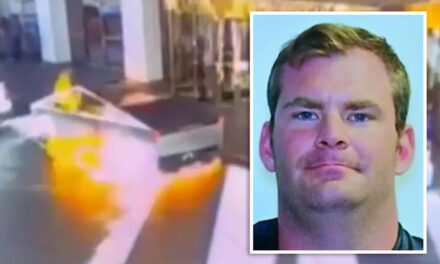

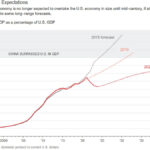
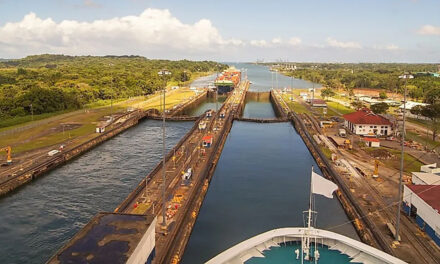



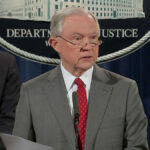
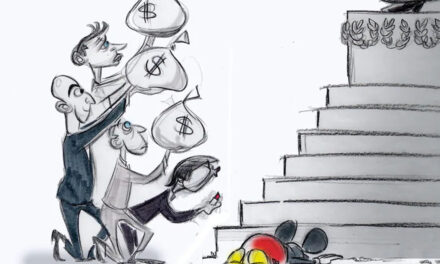
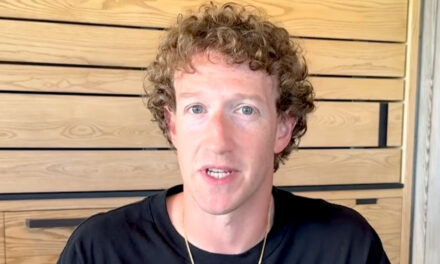


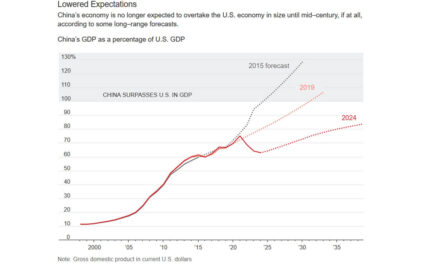
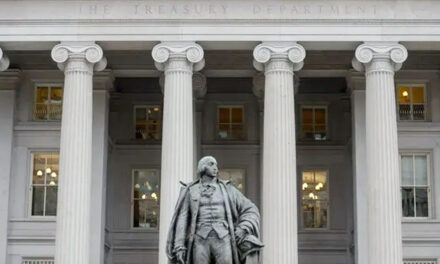








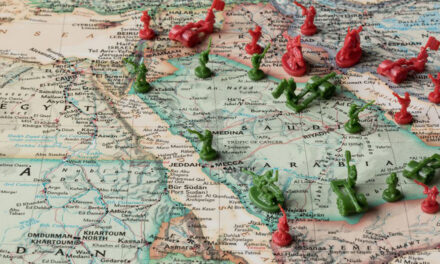
Xi is hoping to have this huge problem “fixed” by 1 October, the 70th anniversary of the communist takeover of China. He’s fast running out of time. He can’t employ too much violence (what with all the social media coverage), but neither can he be seen as weak (loss of face) on the protesters. So…what to do? I’ll go out on the limb here and say he will either employ thugs–perhaps the criminal triads themselves–to attack the protesters, or he’ll embed the thugs with the protesters, charging them to make the protesters appear more violent and out of control, thus necessitating a heavy-handed response from authorities, all in the name of safety, security, and law and order. Hold on to your seats.